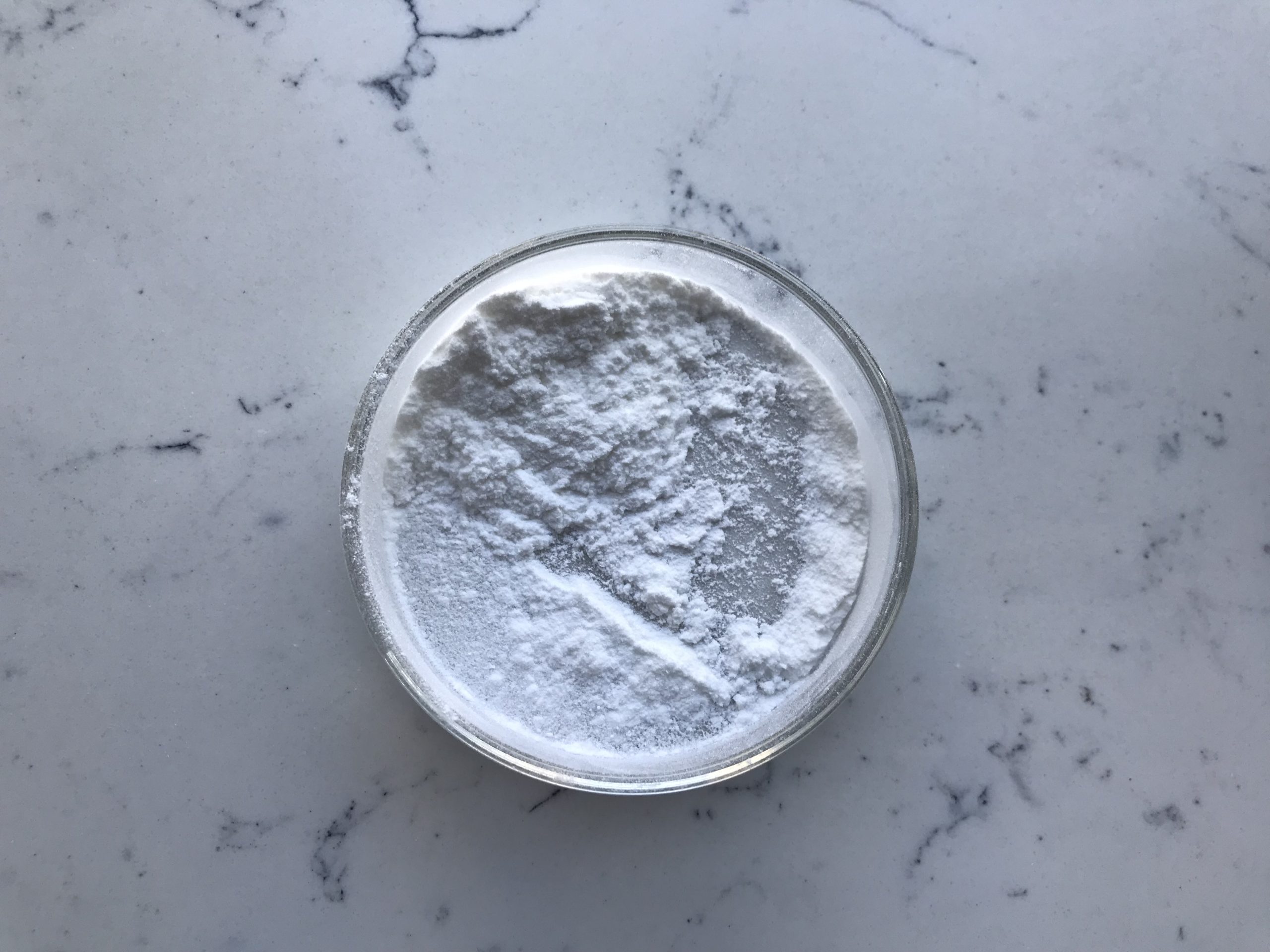Dimercaptosuccinic acid, commonly known as DMSA, is a chelating agent used in medical treatments to remove heavy metals from the body. It has applications in the treatment of heavy metal poisoning, particularly lead poisoning. Here are some potential pros and cons of using DMSA:
Pros of DMSA:
- Effective Chelation: DMSA is effective at binding to heavy metals like lead, mercury, and arsenic, forming stable complexes that can be excreted through urine. This helps reduce the overall body burden of these toxic metals.
- Lead Poisoning Treatment: DMSA is one of the primary treatments for lead poisoning, especially in children who are more vulnerable to the effects of lead exposure. It can reduce lead levels in the blood and tissues, mitigating potential long-term health effects.

- Oral Administration: DMSA is available in oral form, making it convenient and non-invasive for patients. This is especially important for children and individuals who may not tolerate other forms of treatment, such as intravenous chelation.
- Mild Side Effects: DMSA is generally well-tolerated with mild side effects, which may include gastrointestinal symptoms like nausea, vomiting, and diarrhea. These side effects are usually temporary and manageable.
Cons of DMSA:
- Limited Spectrum: While DMSA is effective for certain heavy metals like lead, it may not be as effective for all types of heavy metal poisoning. Different chelating agents may be required for other heavy metals like mercury or cadmium.
- Slow Action: Chelation therapy with DMSA is a gradual process. It may take time to achieve significant reduction in heavy metal levels, requiring multiple treatment cycles over an extended period.
- Monitoring Required: DMSA treatment requires careful monitoring of the patient’s blood and urine levels to ensure that excessive amounts of essential minerals (such as zinc) are not depleted during the chelation process.
- Potential Allergies or Reactions: As with any medication, there’s a potential for allergic reactions or adverse effects in some individuals. Close monitoring is necessary to identify and manage any unexpected reactions.
- Not Suitable for Severe Cases: DMSA may not be effective in cases of severe heavy metal poisoning or when there’s a need for rapid removal of metals from the body. In such cases, more aggressive chelating agents or approaches might be necessary.
- Limited Availability: DMSA might not be readily available in all healthcare settings, and access could be an issue in some regions.
It’s important to note that the use of DMSA or any chelating agent should be under the guidance of a qualified healthcare professional. The decision to use chelation therapy should be based on a thorough assessment of the individual’s condition, heavy metal exposure, and potential risks and benefits.
